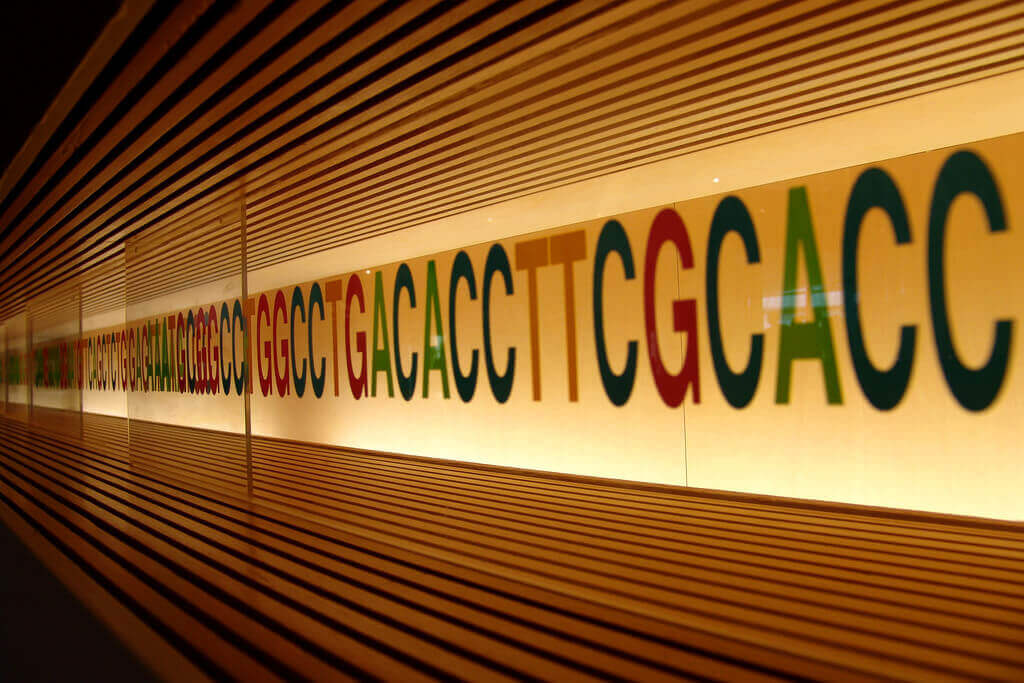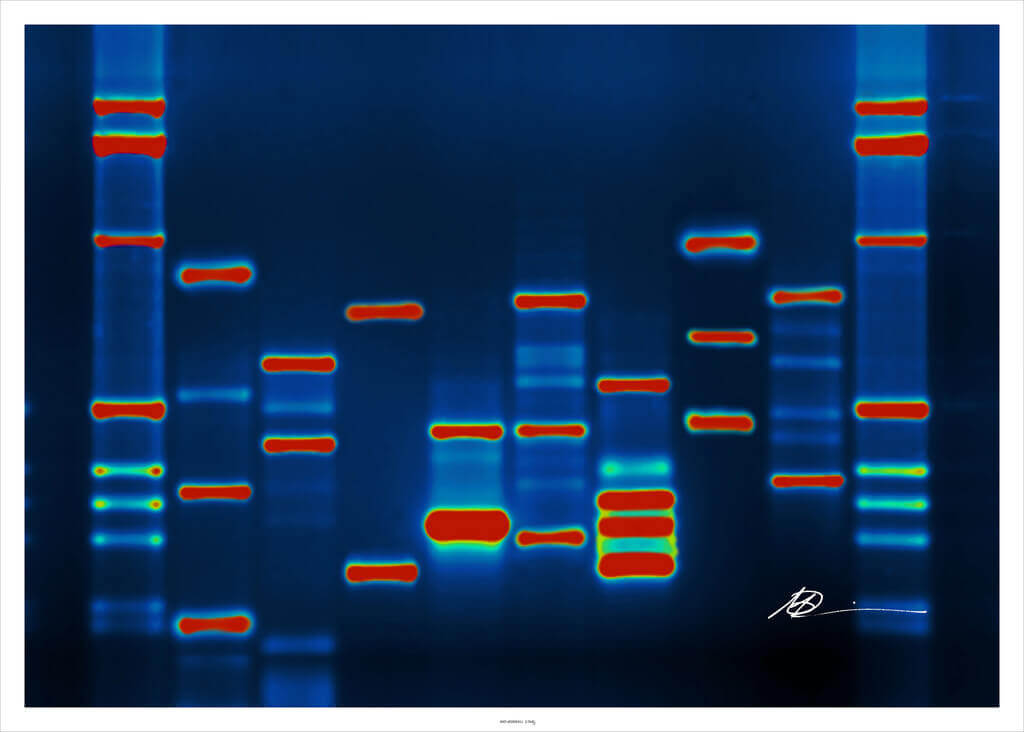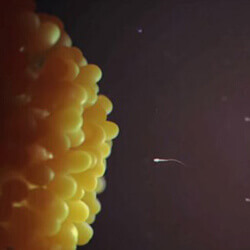How Might Gene Editing Turn Humans into Sexual Superheroes?
CRISPR method invokes ideas about reaching our biological and erotic potential.

The dream of being able to alter our bodies has been around for a long time—perhaps as long as human beings have been human beings.
It’s easy to imagine early hominids looking at the animals around them and wishing for a magic way of becoming as strong as a mammoth, as fast as a saber-tooth tiger, or even fly like a bird.
Say hello to your genes
With the discovery of DNA in the 1950s, though, it began to look like these fantasies might actually become a reality someday. Emphasis on the “someday” as learning about the structure of our genes is one thing, actually being able to make precise changes to them is quite another.
That all changed recently with the development of CRISPR: a fast, relatively easy, and extremely precise way of editing DNA.
For the sake of time and space we’re not going to get too much into what CRISPR is or how it works. For that we recommend checking out this article at Your Genome or spending a bit of time with its Wikipedia page.
What we will be looking at is its ramifications, especially when it comes to human sexuality—and if we, as a species, are truly prepared for what may be coming.
Should we change our children?
What’s interesting about human genetic engineering, versus other potential technological breakthroughs like artificial intelligence, is there’s a decidedly small minority who are absolutely against it.
Most agree that CRISPR should be used to eliminate genetic disorders, like neurofibromatosis and Huntington’s disease. And maybe for conditions like familial hypercholesterolemia, which is responsible for dangerously high cholesterol levels.

It’s when the idea of using CRISPR to target genomes unrelated to genetic disorders in embryos is raised that critics become a lot more vocal. Anticipating this and potential abuses, many countries have put legal safeguards in place to prevent or restrict research on human genetic manipulation.
That being said, as CRISPR and other techniques become more and more refined, it may be inevitable that we will be tinkering with who and what we are. This could take place if governments relax regulations, perhaps under pressure from big business. Or perhaps we’ll see the emergence of a gene-editing underground.
The coming changes
One of the frequent criticisms leveled at human genetic engineering is that it will lead to a generation of “superbabies:” smarter, stronger, with longer lifespans, or even boosted immune systems.
But what few have considered is the changes that might come to sex.
Should your parents design your body?

While the possibility is remote—if not totally implausible—but the idea of parents tweaking everything from penis and breast size to the ability to easily experience multiple orgasms is still worth discussing.
If this does come about it’s equally easy to picture a change in what society might consider desirable features. With everyone having the same exaggerated sexual characteristics then wouldn’t the exotic, those without adjusted anatomies, become a new and popular fetish?
Like with many fads, we’ll probably see a nearly ridiculous parade of new sexual forms and styles of human anatomy—until things calm down a bit and the novelty wears off.
A multisexual being
There’s also the idea of creating a new form of human whose body is more malleable, allowing adults to change their sexual organs as they see fit.
It would take some serious genetic work, but it’s still in the realm of possibility to make a new type of human. This updated being could have a wide range of sex organ combinations that could be “switched on” as needed. Or this new human could be one that is genetically designed to easily take surgical alterations or transplants.

The clear benefit is that their parents wouldn’t have to gamble on what may, or may not, be sexually attractive in the future. The new child would have the ability to decide, for themselves, what kind of a sexual being they want to be—or even change their minds if their first choice doesn’t fit.
This changeability would also likely usher in a more flexible sexual spectrum for humans. After all, what happens to the idea of gender when, after a quick visit to a clinic, you can sport any conceivable combination of genitalia?
Should we change our minds?
The most alarming thought around sex and genetic engineering actually has little to do with genitalia and more about the human brain.
To this, let’s ask a question: if you could biologically change the potential sex drive of your child—would you? It could be argued that a person with a moderate sex drive, versus a much higher one, would be better at earning a living. Or perhaps it would be better to build in a biochemical switch that would allow the parents to turn off desire when it gets inconvenient.

While science hasn’t determined exactly what part of human sexuality is hardwired by the brain—versus what comes through one’s environment or free will—there is still the possibility that things like orientation could be changed through gene editing.
With this in mind what would you do if you were told your child would be gay, or straight, or bi, or kinky, or asexual, or [fill in the blank]? Would you be able to do the right thing—or worse would you think you’re doing the right thing?
Then there’s the truly depressing thought of this technology getting into the hands of an intolerant government, leading perhaps to the possible extinction of anything but a certain approved kind of sexuality?
Hope for the future
But these are all worst-case scenarios: the nightmare side of human genetic engineering. Even though it’s important to be vigilant, it’s equally important not to overreact and prevent the development of a technology that could eliminate, once and for all, a myriad of unwanted genetic conditions.
Not to mention giving many people an opportunity to have a rich, fulfilling and, best of all, happy sex life.
We can only hope that when we do change ourselves we—first and foremost—do it in ways that will make us better.
Not physically, or sexually, but in the most important way: in wisdom.
Image sources: MIKI Yoshihito, Micah Baldwin, Steve Johnson, Steve Johnson, Eva Rinaldi
Leave a reply
You must be logged in to post a comment.

















